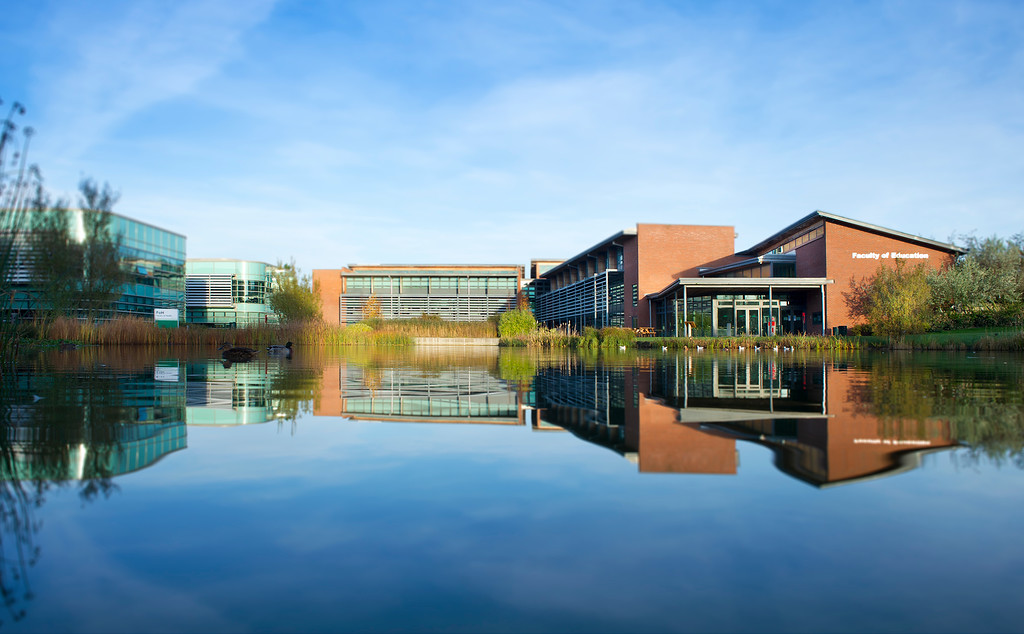Professor John Diamond (Director of the University’s I4P) on why higher education needs not to assume that their world view is shared:
Looking to develop good university, community or locality relationships is a recurrent theme and plea from practitioners and policy makers.
On March 21st we are co-hosting an event in Manchester (click here for details), which brings together three different approaches to this issue, from Brighton, Durham and Liverpool, to an audience of voluntary sector organisations and activists across Greater Manchester.
Why? Partly because the demand from universities on the voluntary sector has been growing. Students want to enhance their CVs, and universities have a multiple set of arrangements with community networks, from formal placement for vocational or practice based programmes (teaching, social work, planning and architecture), to a general recognition that voluntary organisations need volunteers.
Whose needs are being met? In a virtuous circle everyone’s. In an unequal world, probably the student and the university. Universities also need the outside world for their research led impact case studies.
Are everyone’s needs met here? Possibly not. Perhaps sometimes.
Are we good at spreading what works and sustaining relationships and networks? Oftentimes no. Despite a major investment in public engagement, universities capacity to resort to short term memory is fascinating but frustrating.
How to change it? First step accept the problem exists. Second step adapt more proactive strategies of engagement. Third step seek to consolidate sustainable relationships. Fourth step remember what step one was!
The possibilities for shared learning are huge. But for that to happen we have to accept the potential exists. It’s that shift which is critical. But it also has the potential of radically altering the perspective through which universities view their communities. Now that would be fascinating to realise.

